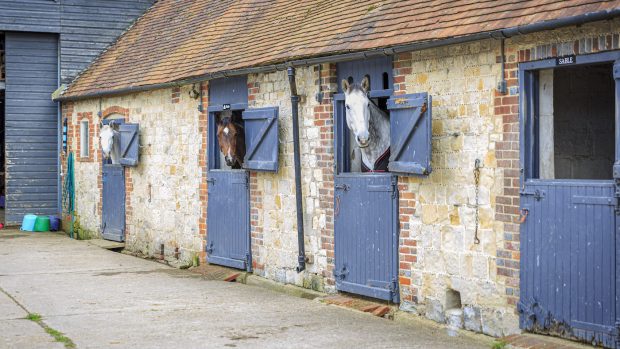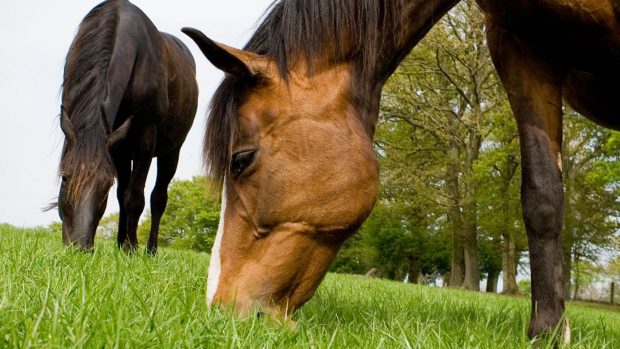When Donna McDowell set up the website HorsesharesUK.co.uk four years ago – in an attempt to keep her horse while she was at university – the concept was alien.
“I’d never heard of sharing,” she told H&H, “just sale or loan. Sharing seemed like a good middle ground.”
And increasingly, riders elsewhere are thinking the same.
“There was hardly any traffic at first. Then two years ago it started going crazy,” she said.
This year has been the busiest yet. “We’ve had half-a-million hits already,” said Donna.
And the British Horse Society (BHS) has received so many enquiries about sharing recently, it is drawing up a sharing contract which will be available to download for free from its website (www.bhs.org.uk) later this year.
Vital to set rules
The cost of sharing can range from £60 a month to ride a grass-kept horse twice a week, to upwards of £200 for a horse on full livery.
But Lee Hackett, the BHS head of welfare, said it is vital to establish exactly who is doing what from the outset.
“People often go into share agreements with too many expectations,” he said , “and owners can find it hard to relinquish control“.
“One girl came to us upset because she felt she was just keeping the horse fit for the owner to compete.”
Mother-of-two Martha Owen says communication is the key to successful sharing.
“I’ve had three sharers for my mare in the past two years. With young children, it was becoming a bind to ride every day.
“You need to communicate – the one that didn’t work out was a teenage boy because I always had to go through his mother. And a contract is essential.”
Equine lawyer Jacqui Fulton agrees that a written agreement is a must.
“Sharing disputes tend to be very nasty and bitter – like a divorce,” she told H&H.
“I hear from women who’ve ridden for two years [on a share basis]. The owner has pulled the plug and they want to know if they’ve got ownership rights – the answer is no, you haven’t.”
Money is the reason most owners cite for seeking a sharer, with time a close second.
“It was a breath of fresh air going down from £450 to £250 livery bills,” said Martha. “I’d have had to sell my mare otherwise.”
But Lee cautions that owners should be flexible on price.
“The right sharer is worth their weight in gold – so be prepared to negotiate.”
Look out for our new Horses to Share area, coming soon in our magazine and online, with adverts starting from as little as £20.
To book visit www.horseandhound.co.uk/adbooking or tel: 0800 731 0616.
For the full new story on horse sharing, see the current issue of Horse & Hound (6 October, 2011)




